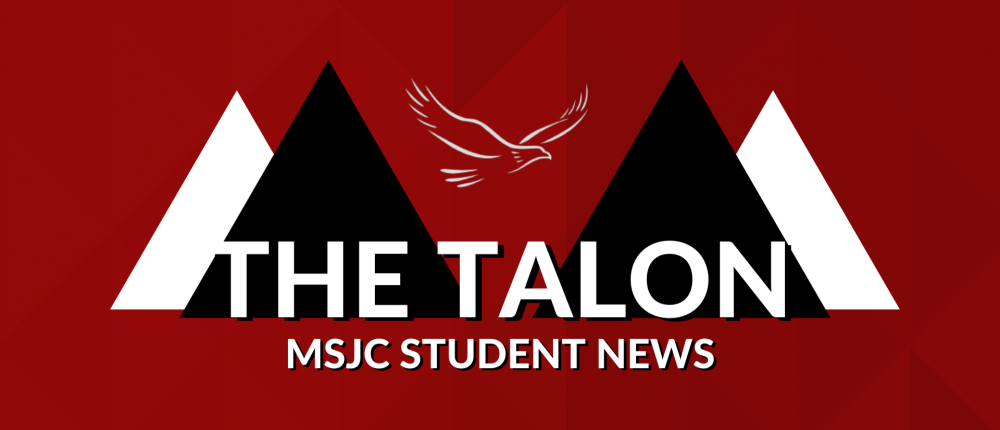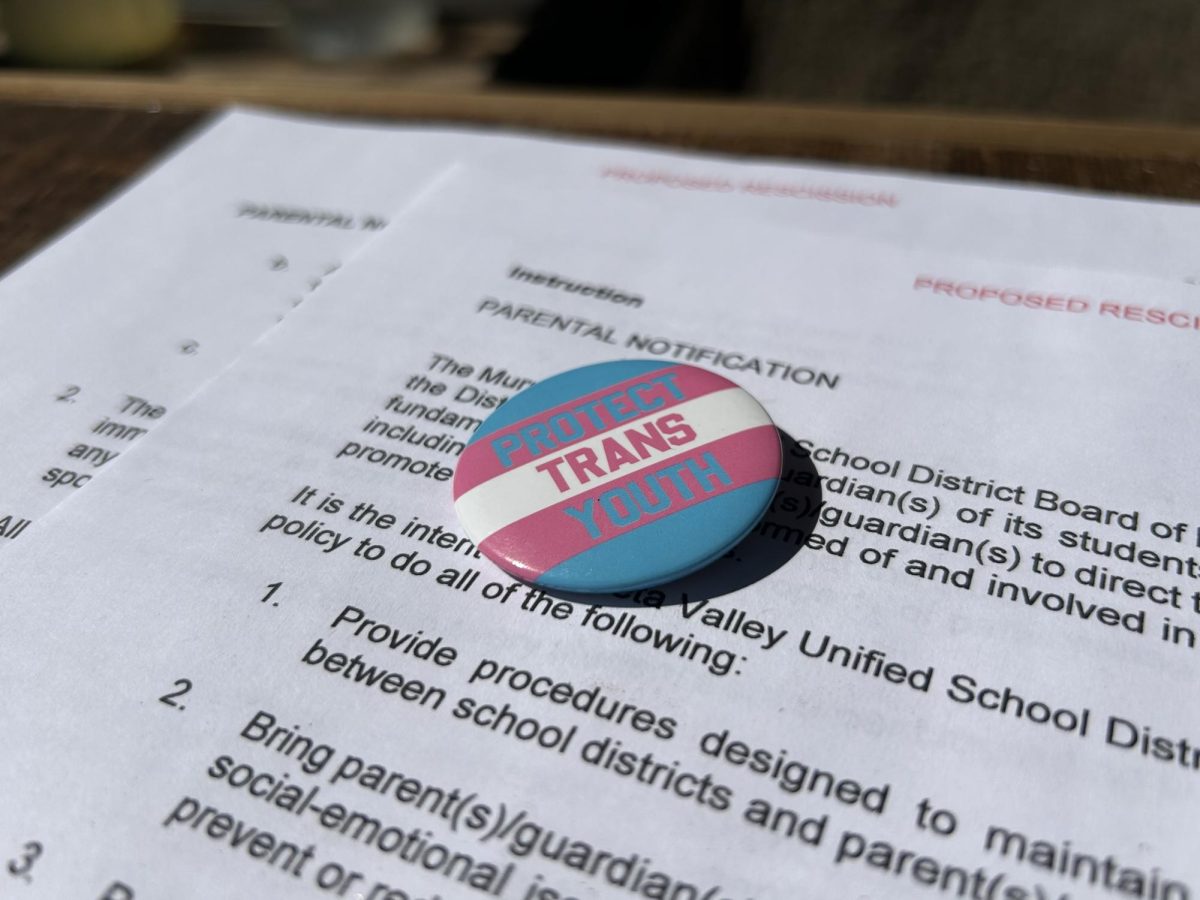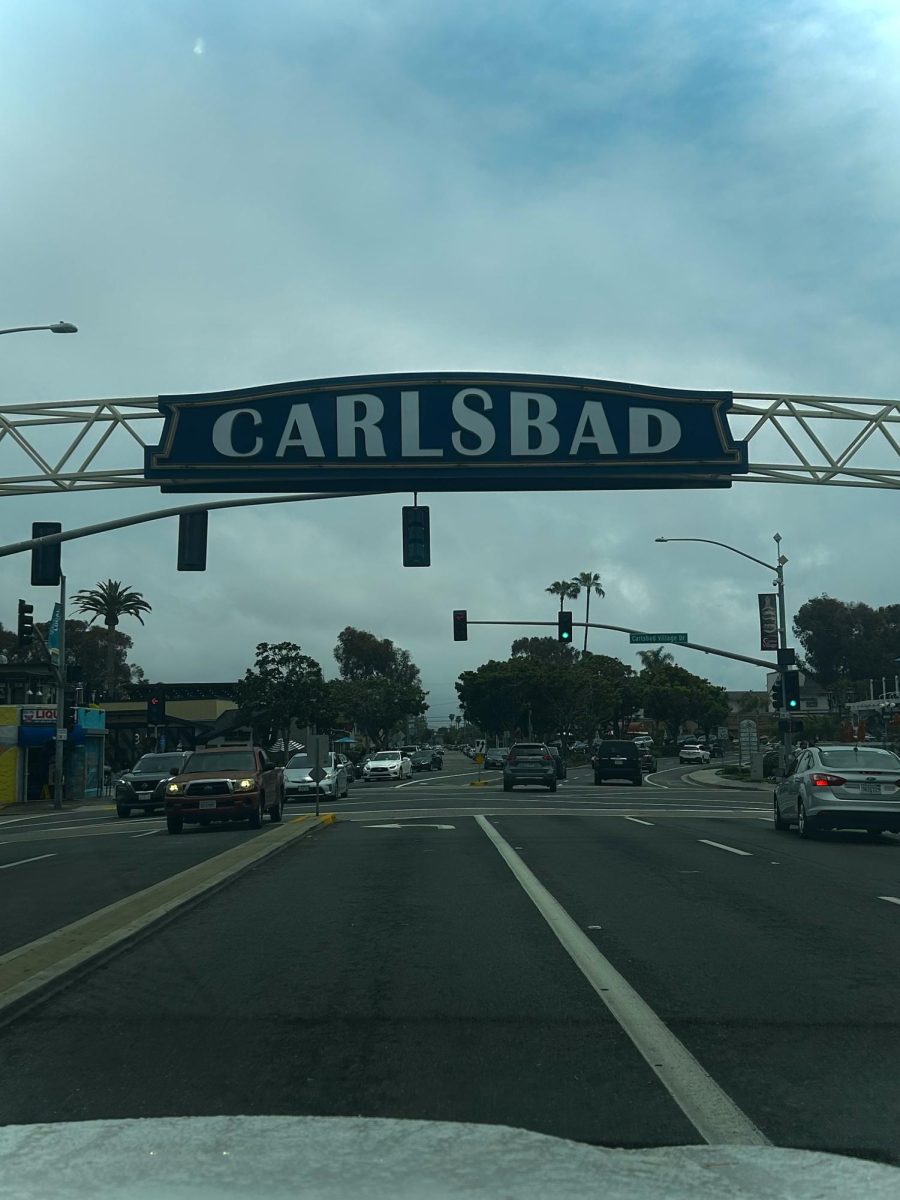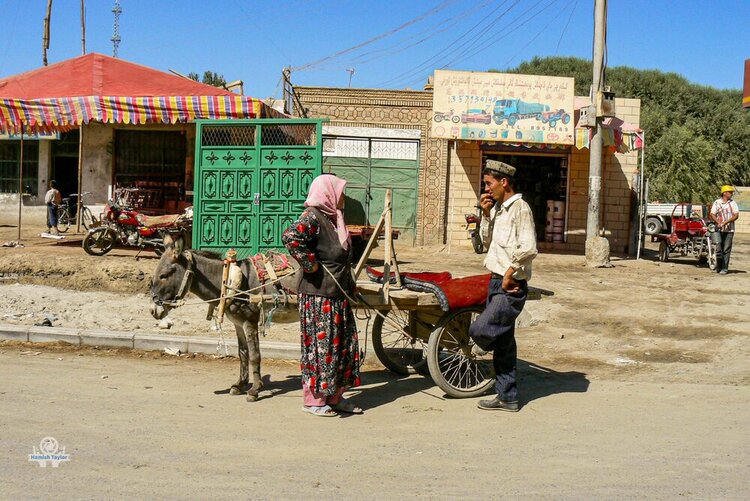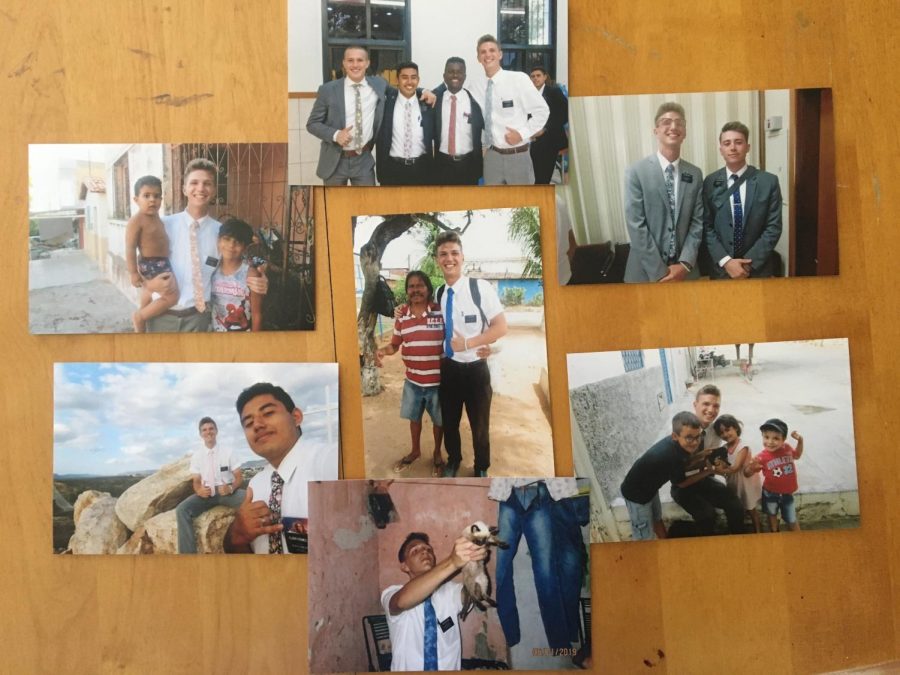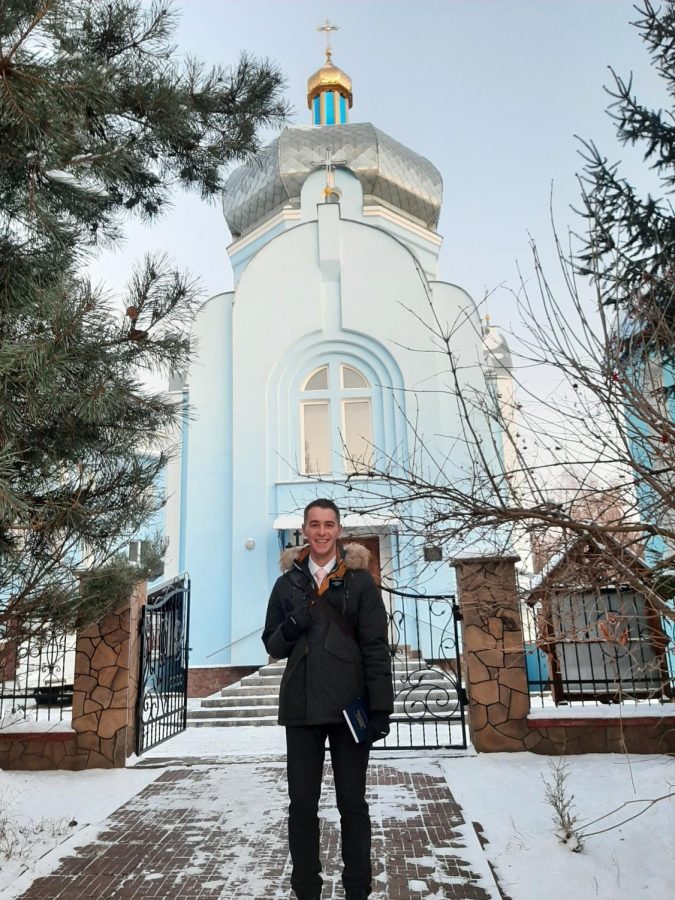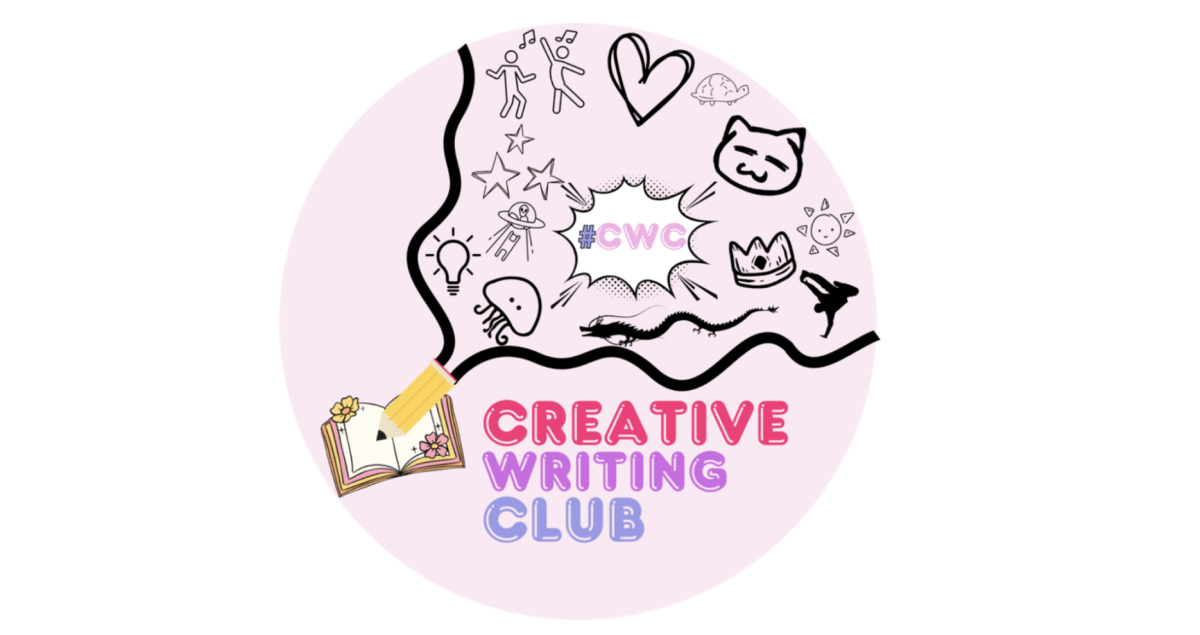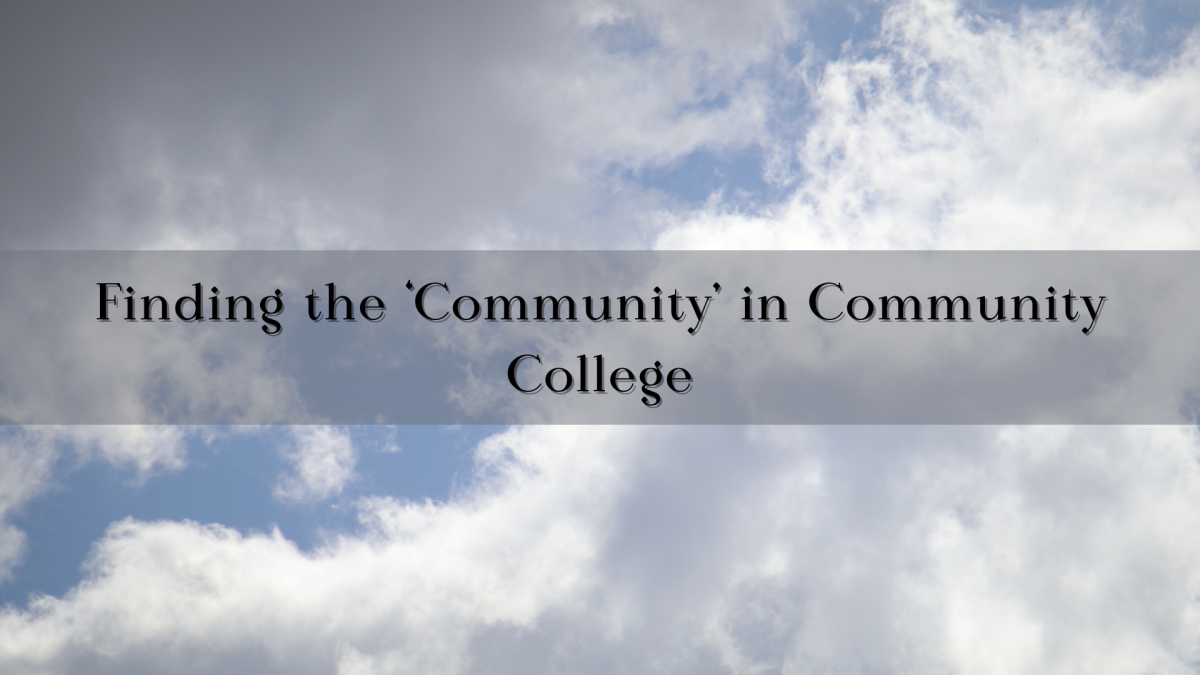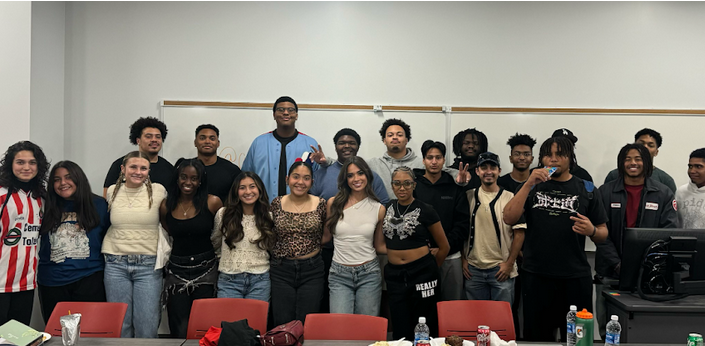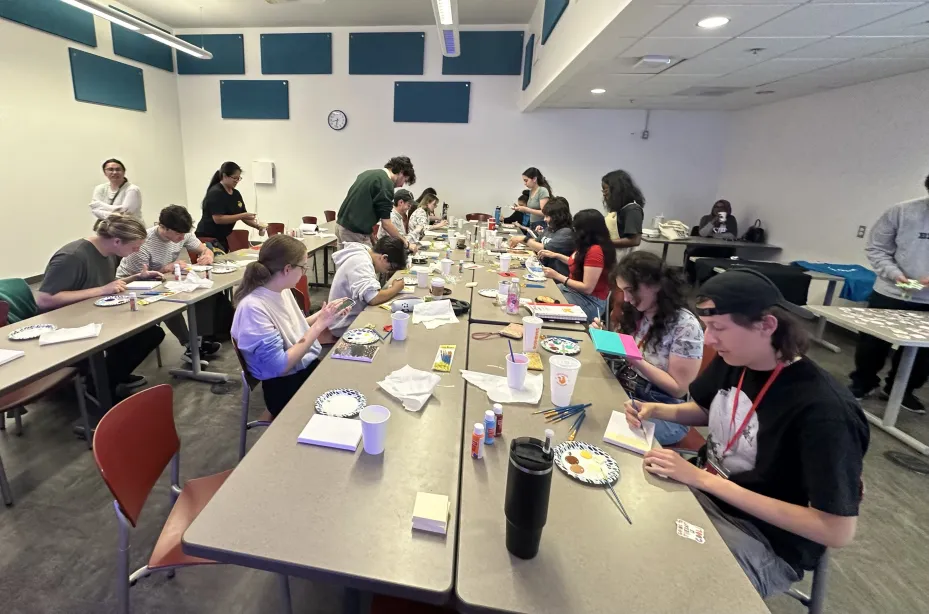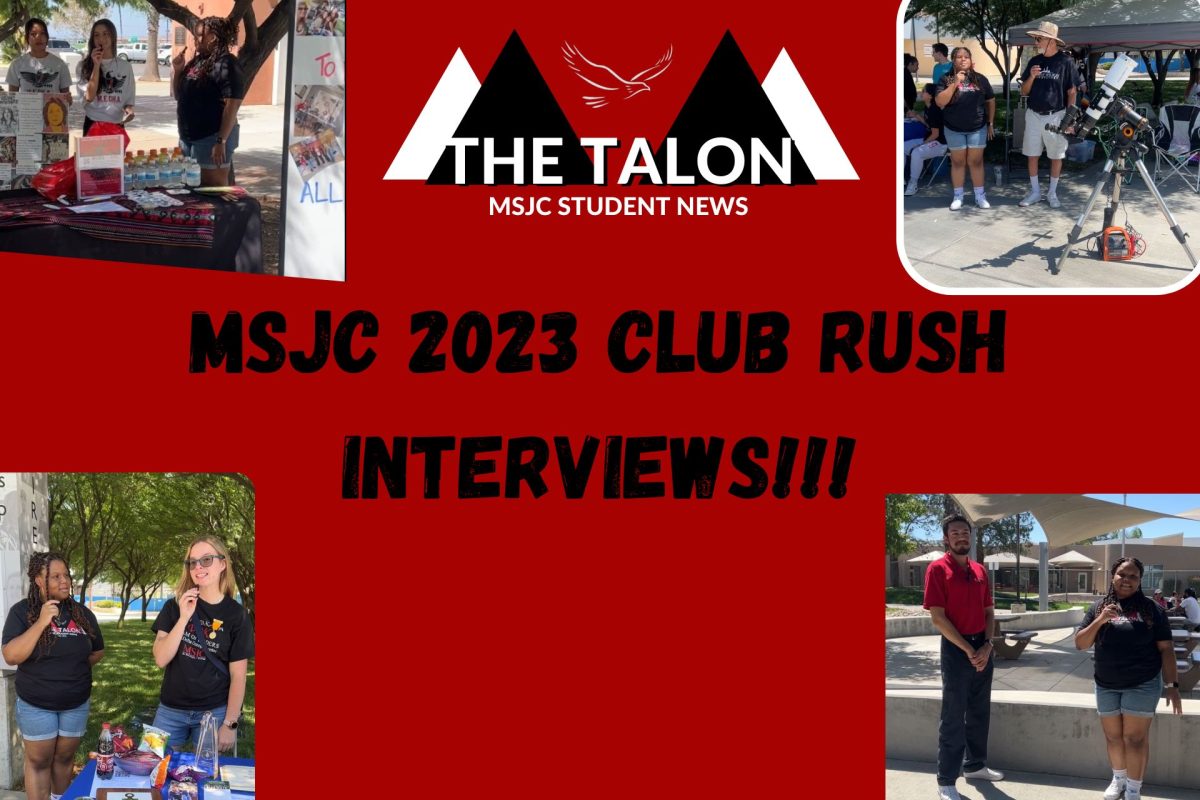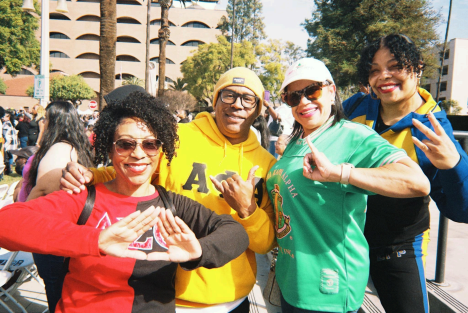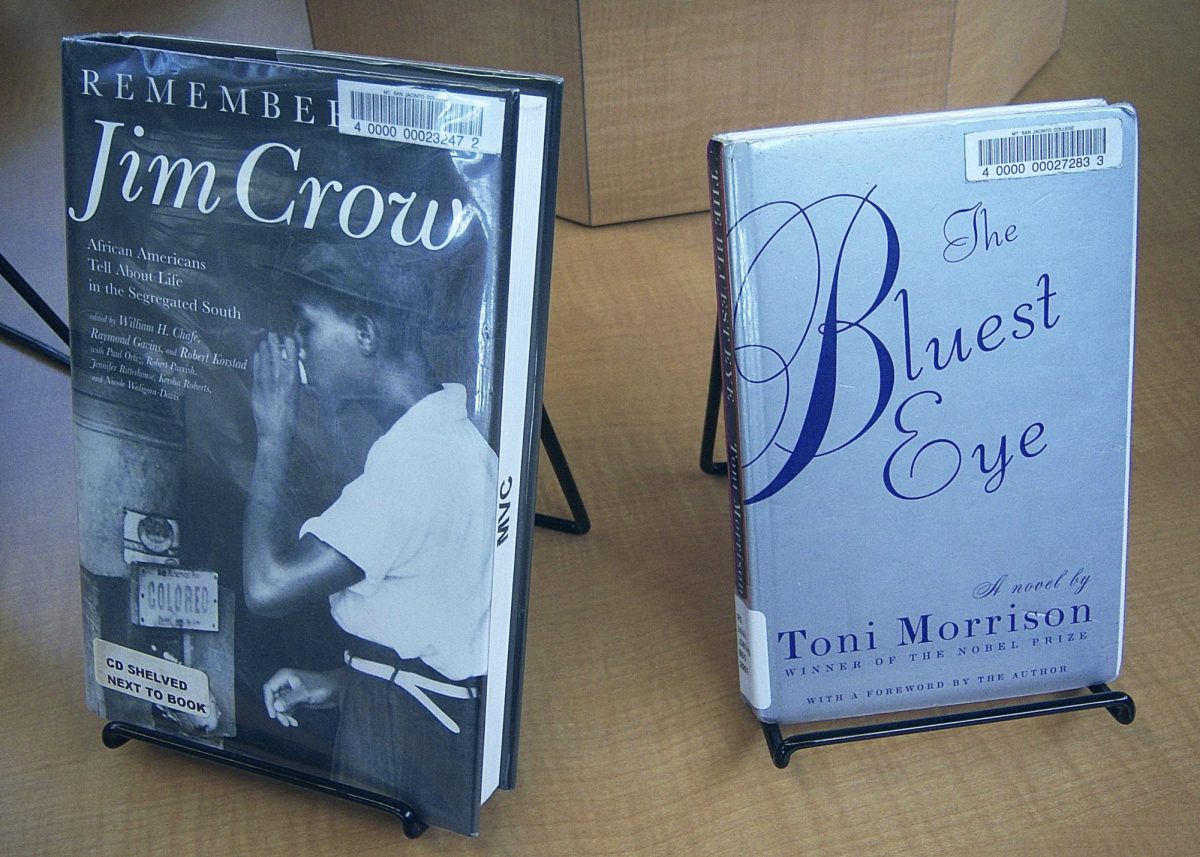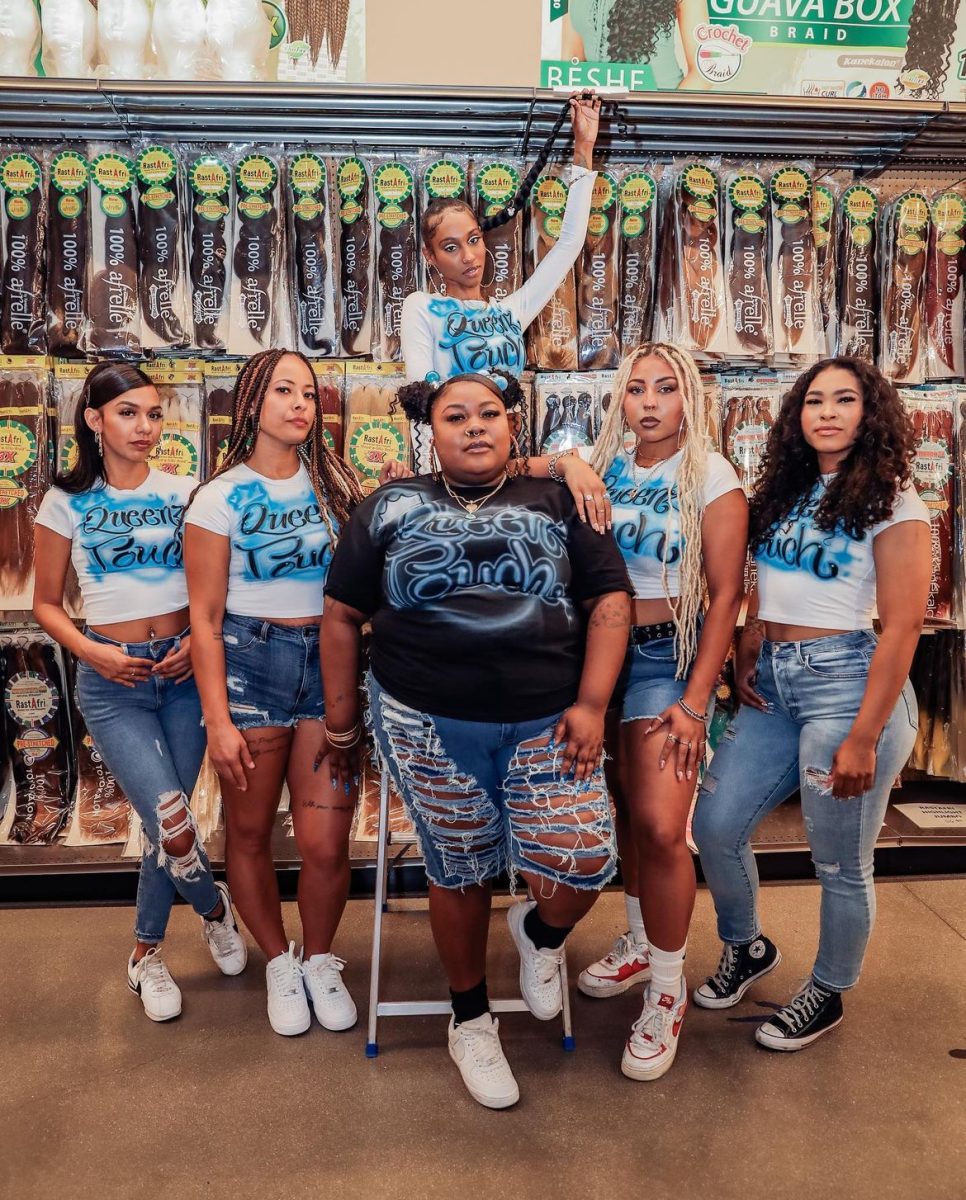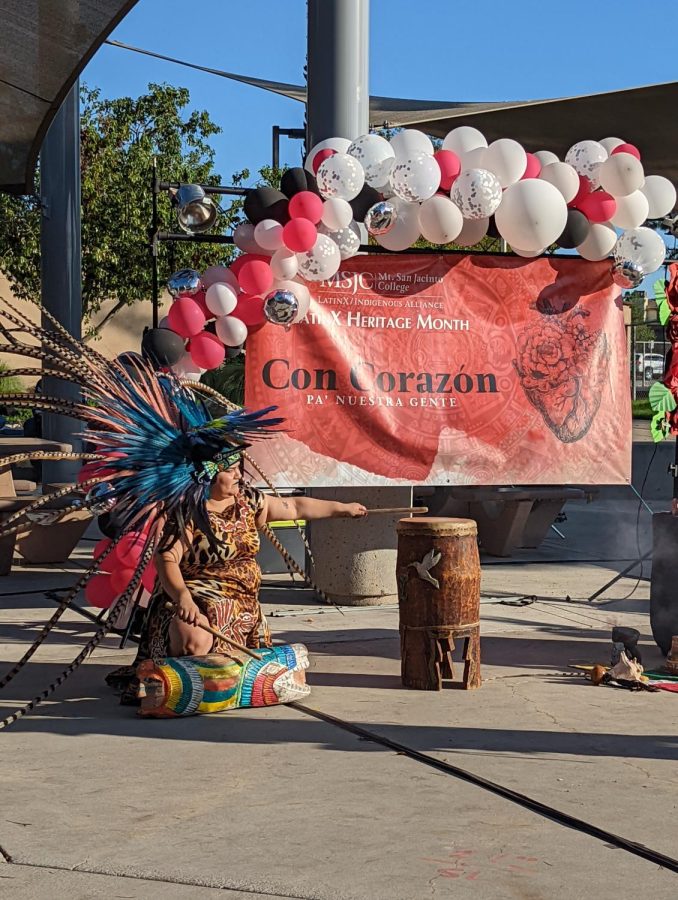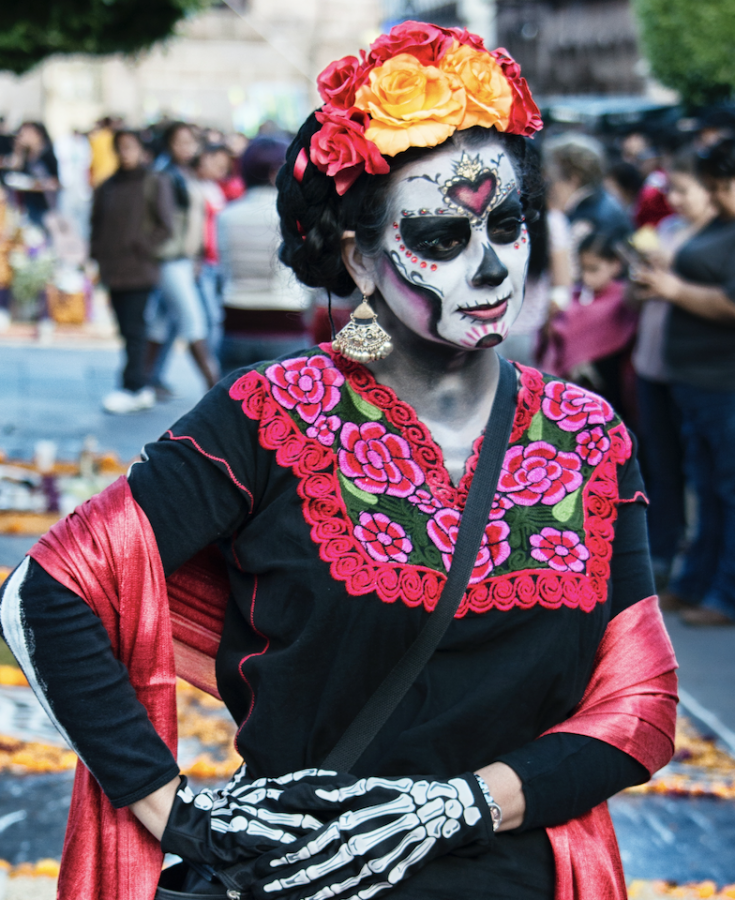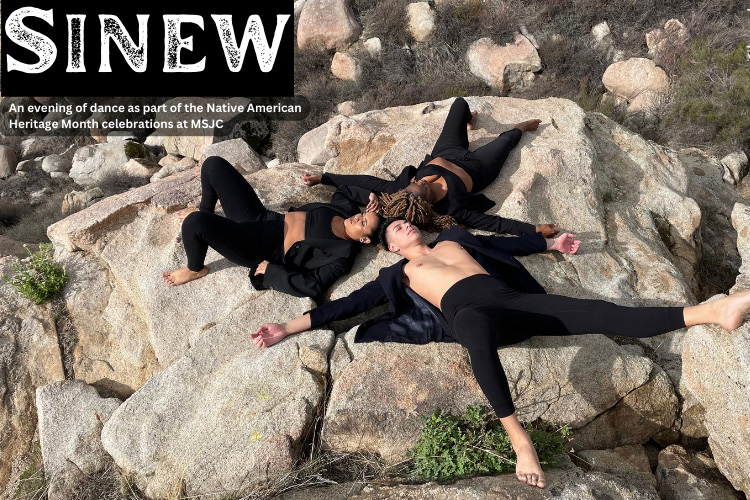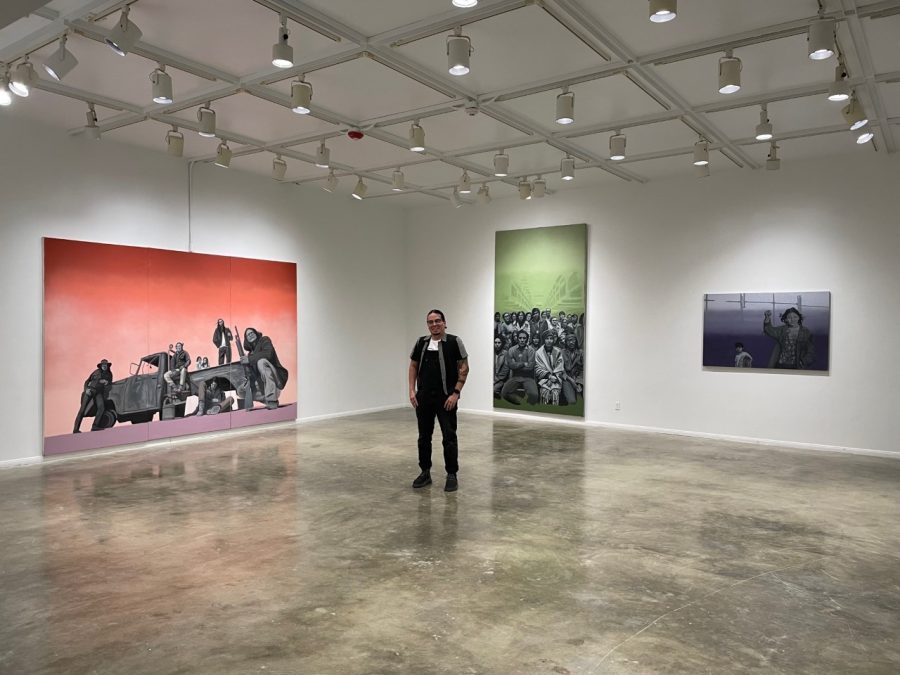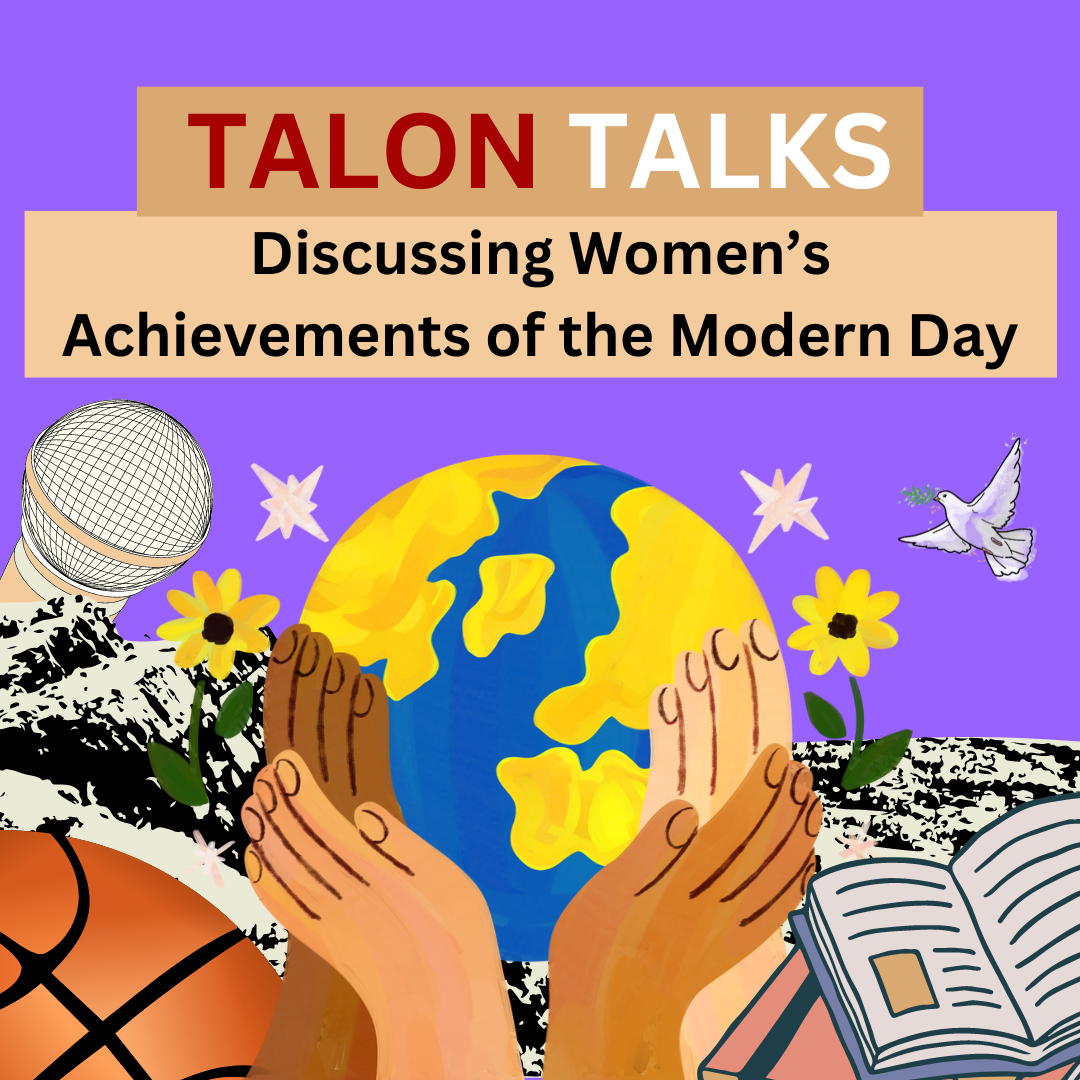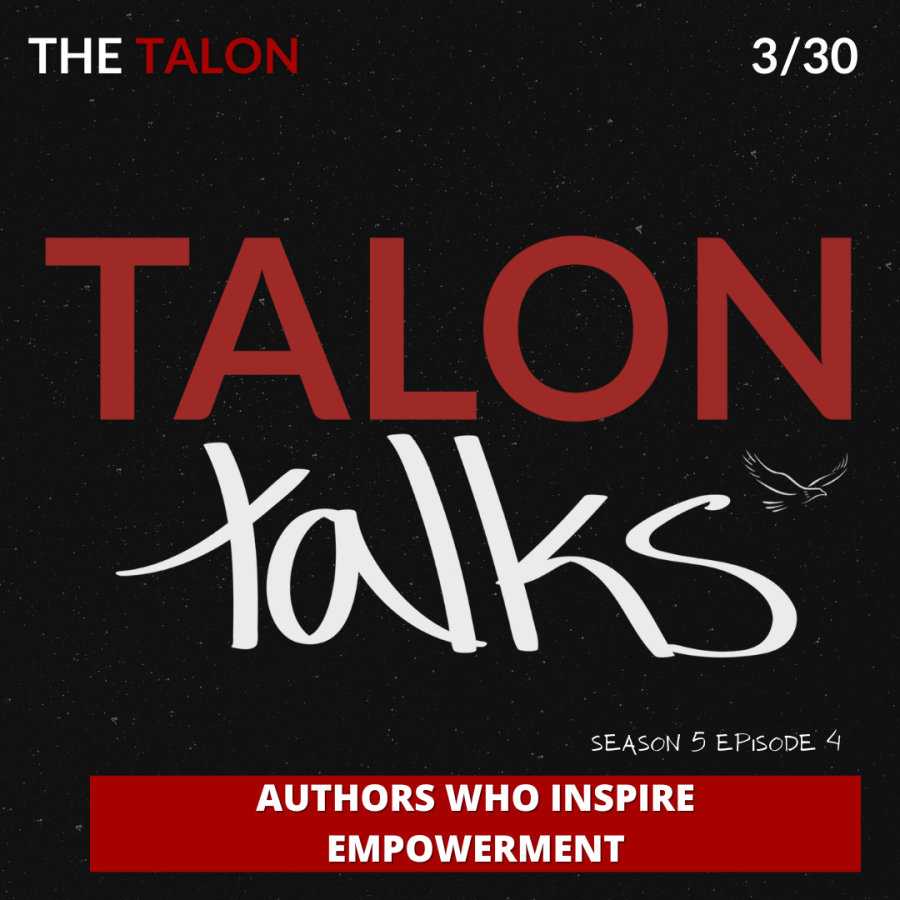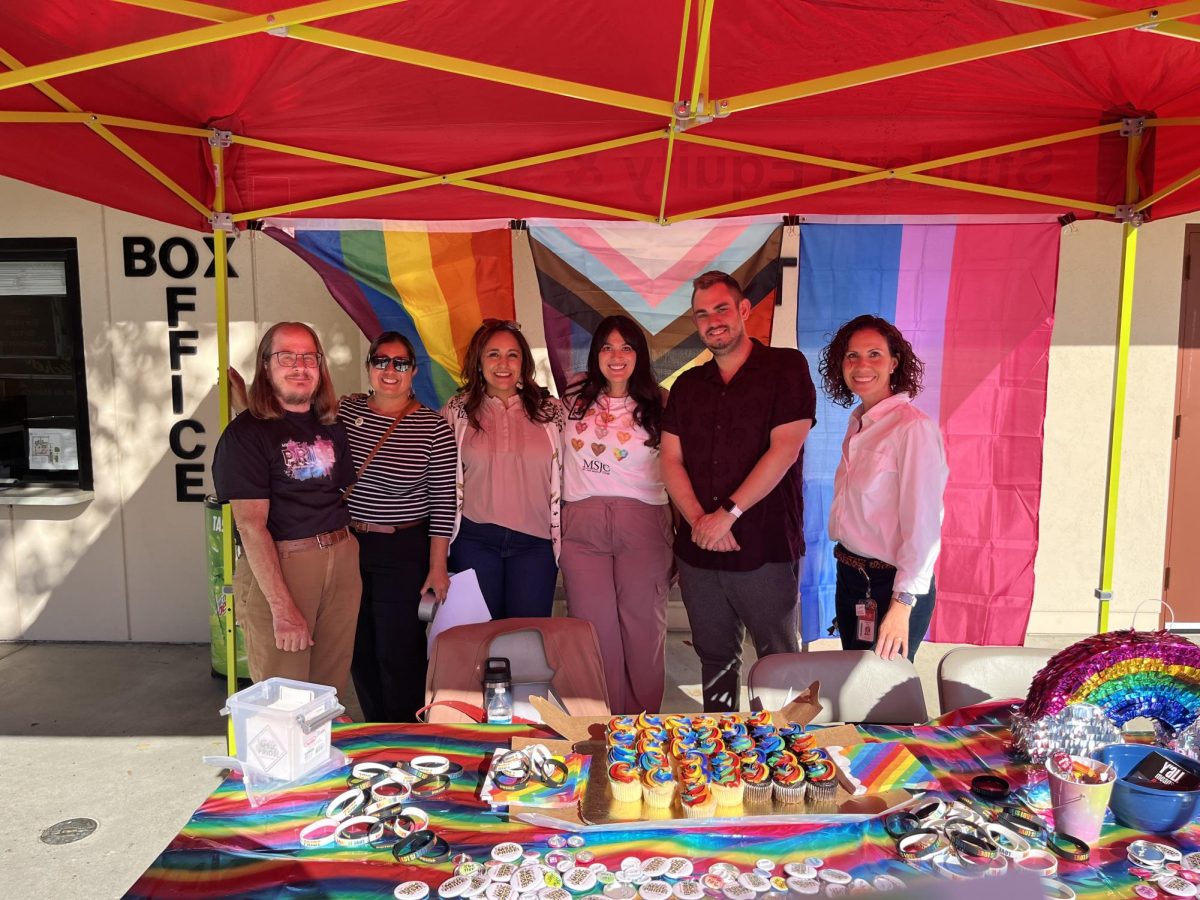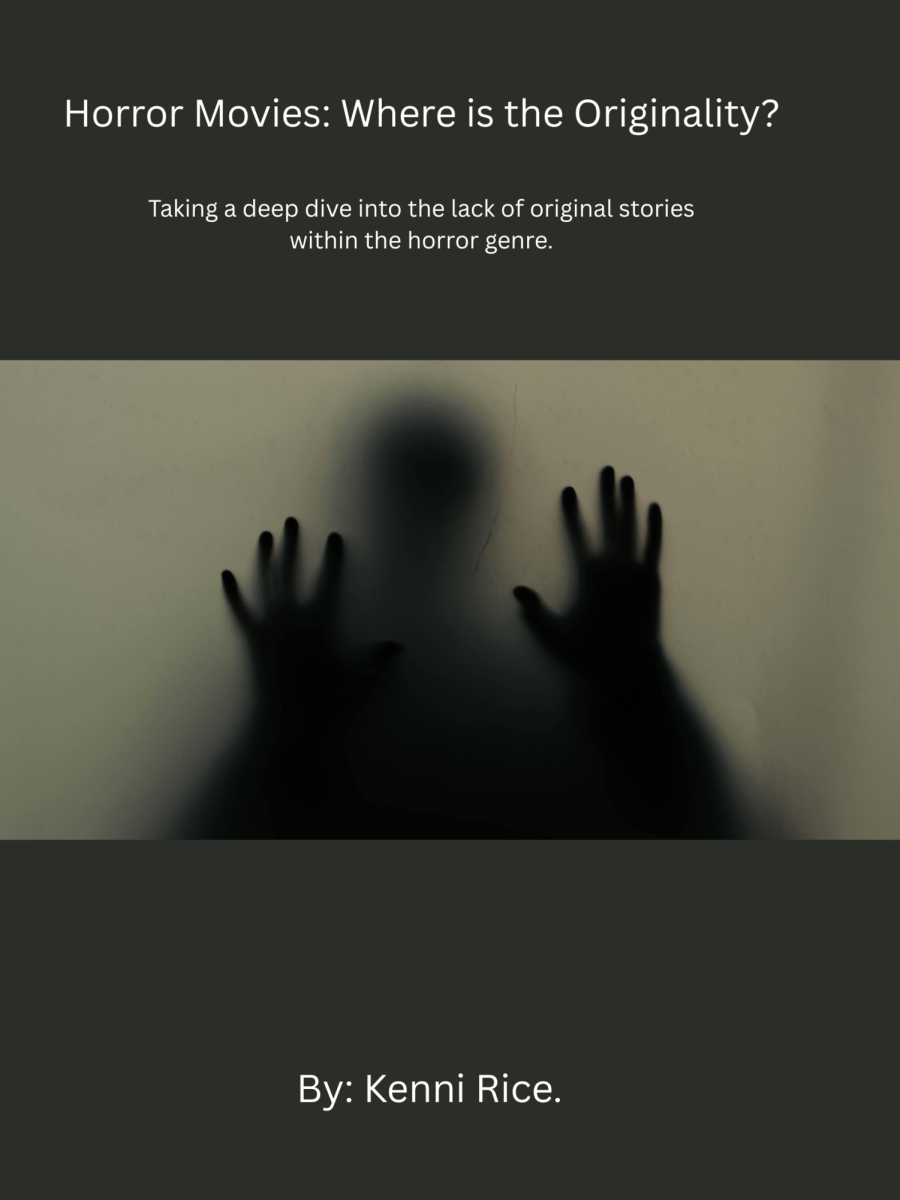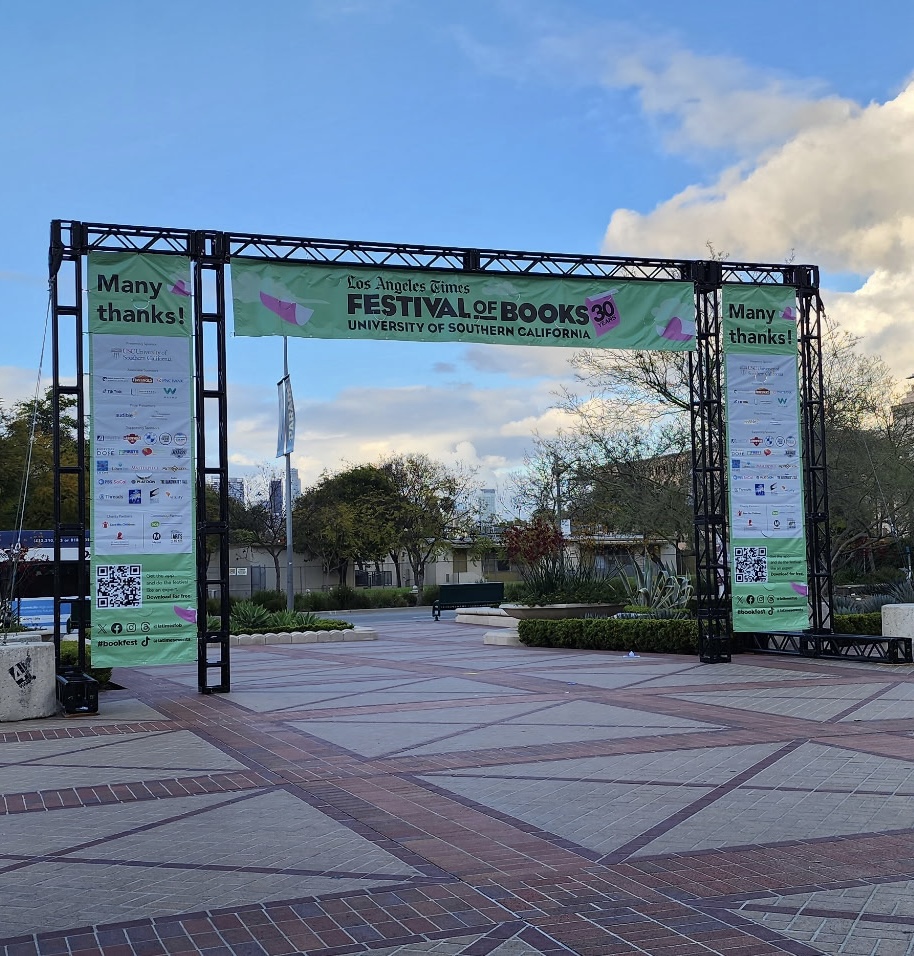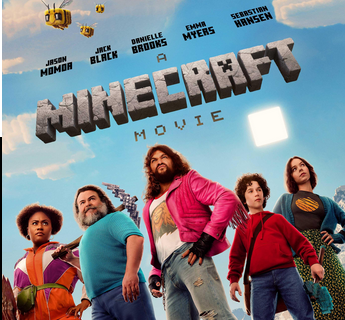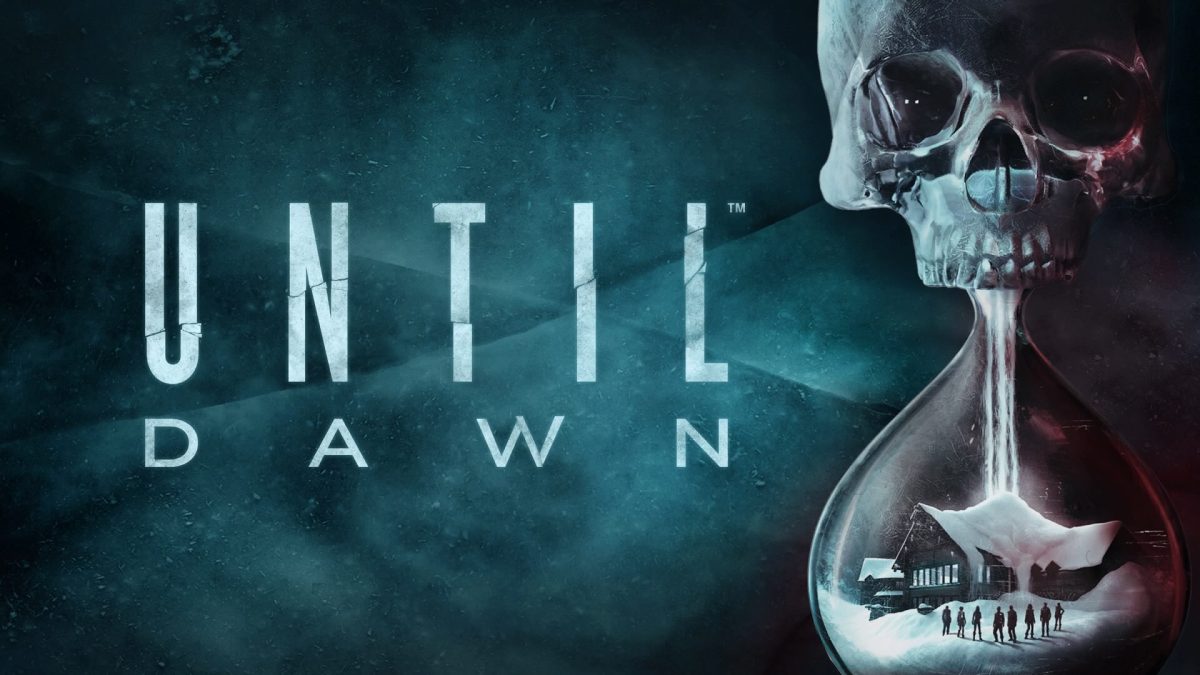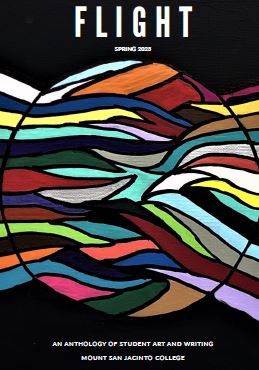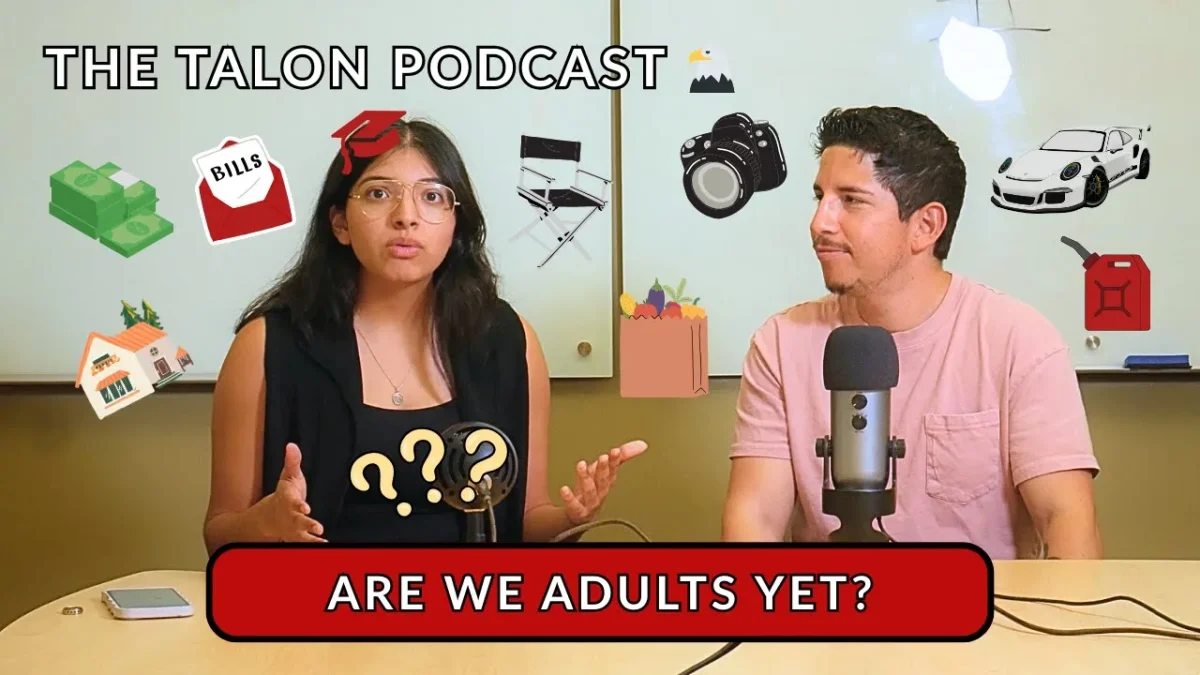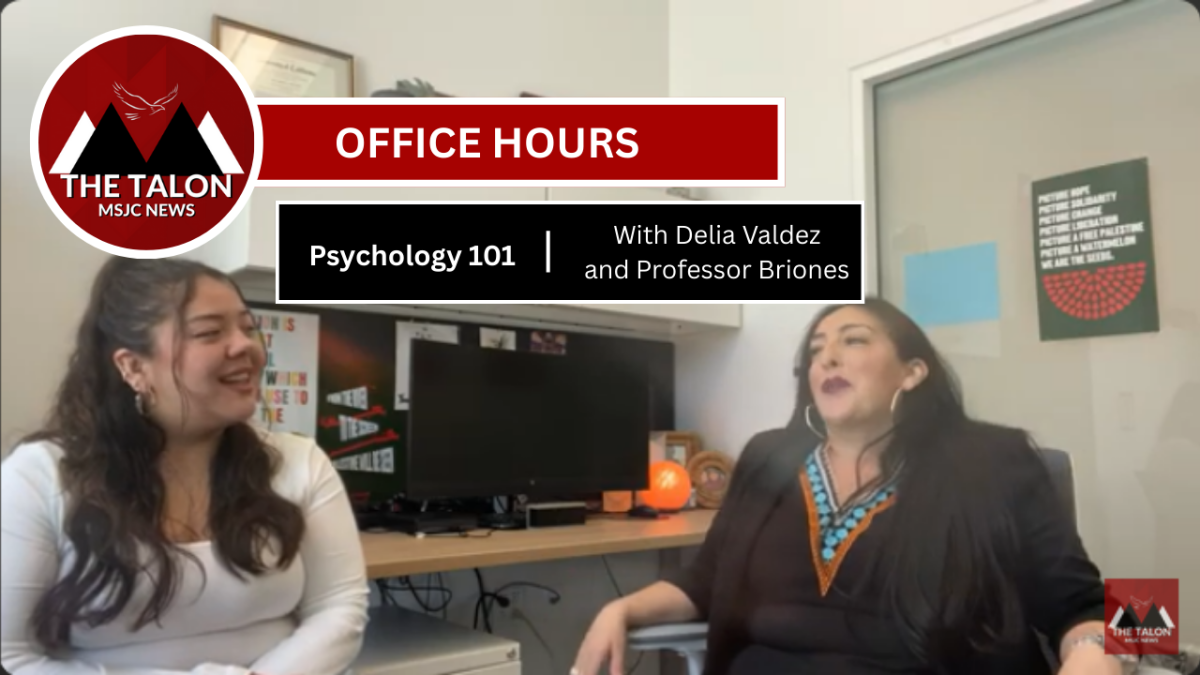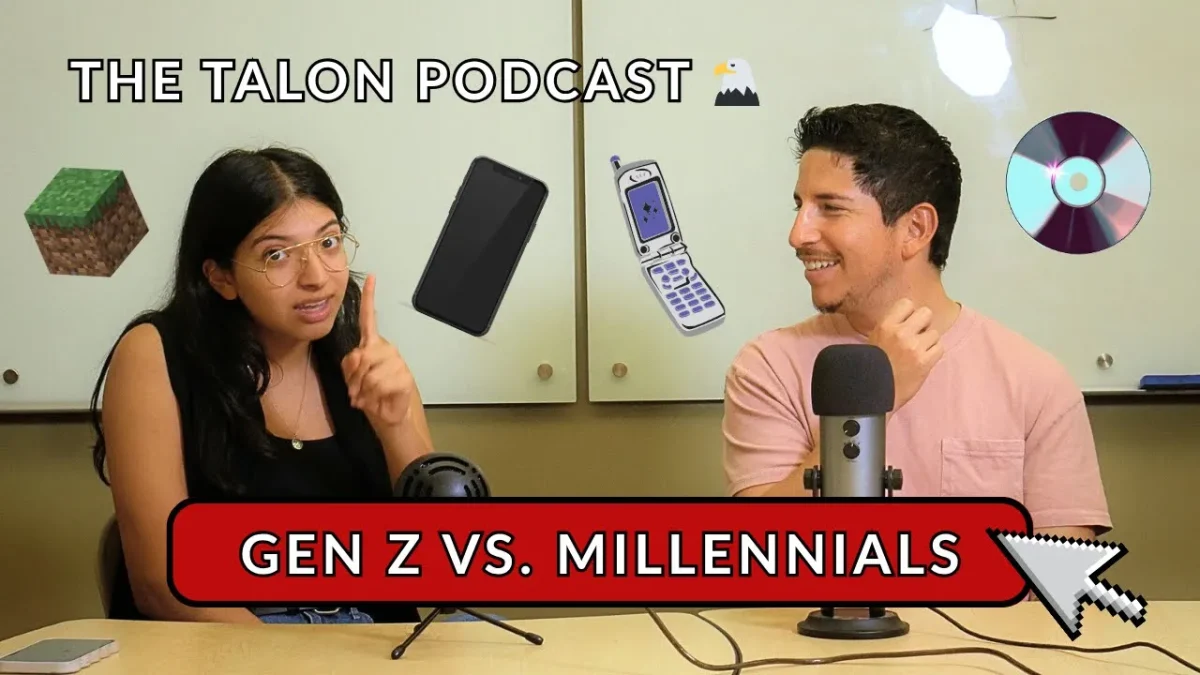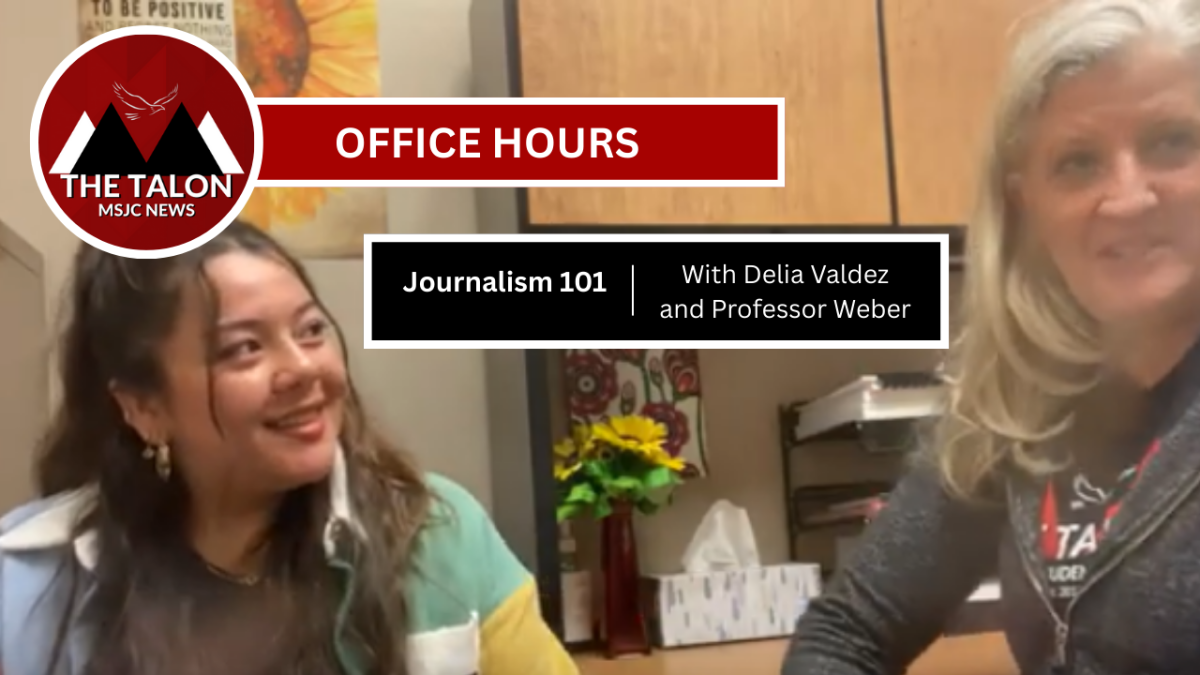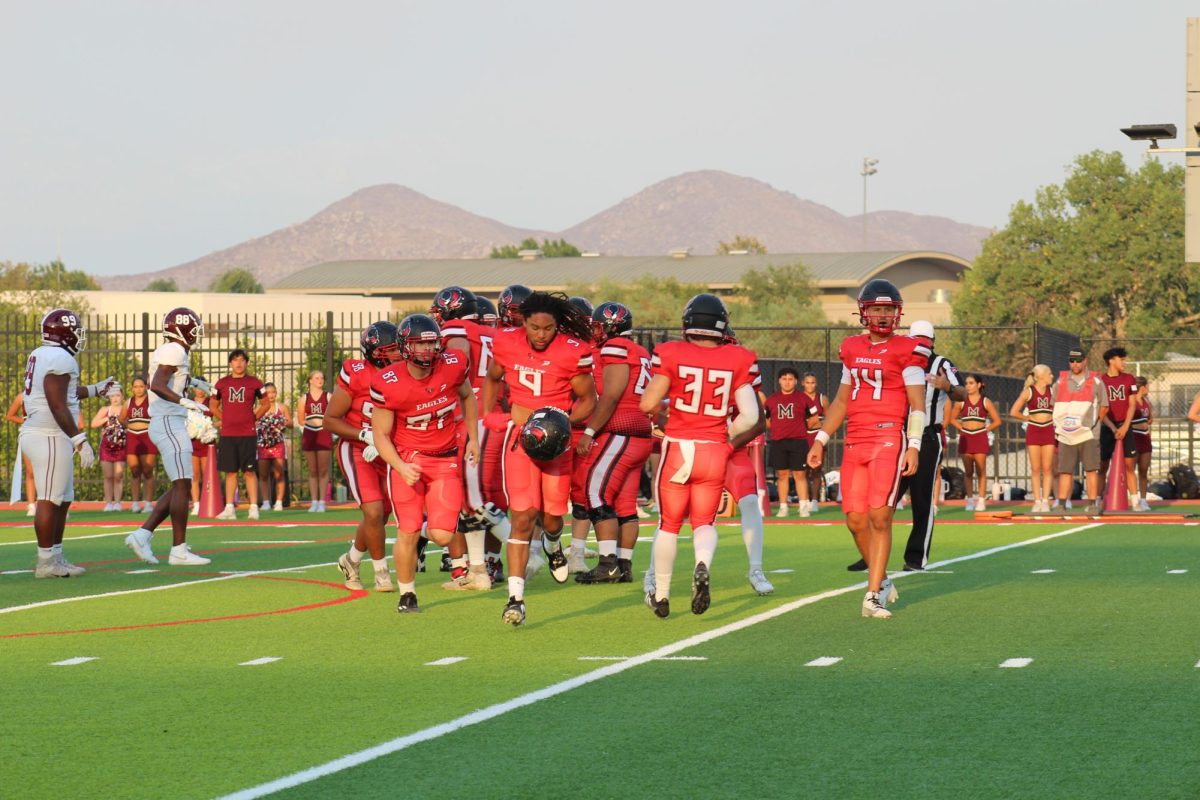By Cindy Lopez-Ordonez
November 6, 2020, 12:48 p.m.
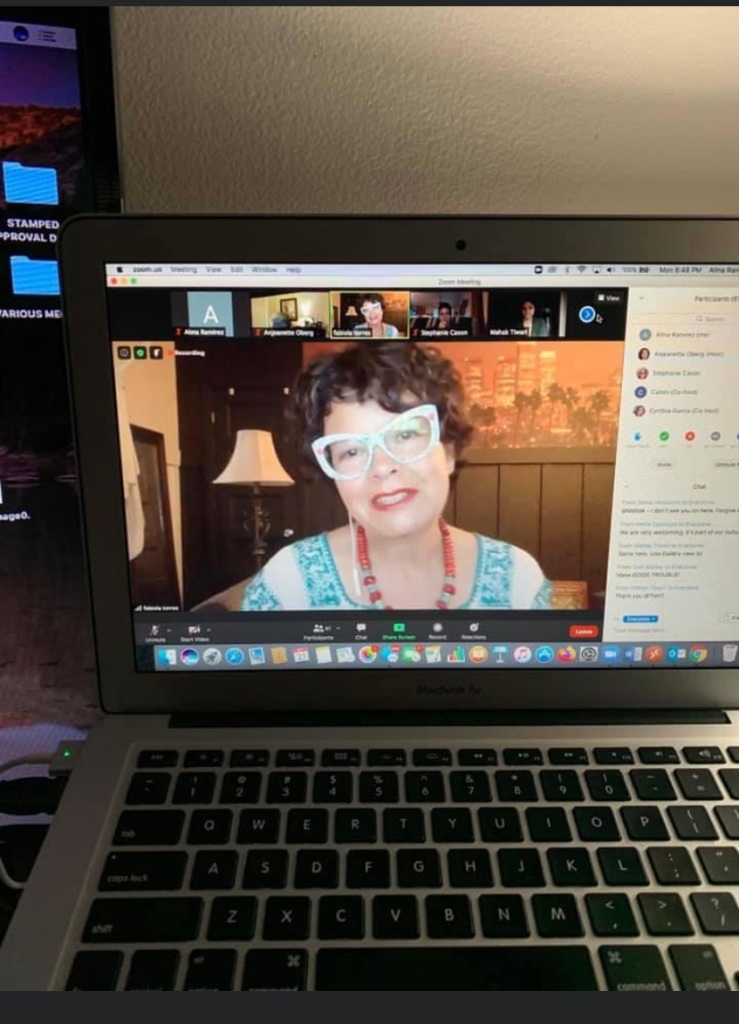
SAN JACINTO, Calif. – On Sept. 21, the Re-Imagining America event took place on the online platform, Zoom, in honor of Latinx/Hispanic Heritage Month. The speaker, Fabiola Torres, discussed the HEART framework, “othering,” and the importance of an Ethnic Studies program.
The speaker was Fabiola Torres who is an Ethnic Studies professor at Glendale Community College. Torres began by sharing her background. Torres is a daughter of two Mexican immigrant parents. Her father was a bracero worker and served as a soldier during Vietnam. Her mother was brought to the United States (U.S.) by her father. Torres is the youngest of three. “Tu vocación esta en tu corazón,” Torres’s father said.
Torres was raised in and environment of social justice and activism because her parents have always exercised their right to vote. It is a tradition in her household to exercise the right to vote.
Torres then turned the discussion to “othering.” She defines this as the process of rejecting and oppressing those who are deemed as “different” in society. Torres also discussed the fact that the majority of the Latinx population are U.S. born, approximately 65 percent are U.S. born. In contrast 35 percent of the Latinx population are foreign born.
According to the Southern Poverty Law Center, it was reported that in 2016 there were 315 hate crime incidents against Latinx. Due to this disturbing statistic, Torres also discussed the HEART Framework. This acronym stands for Healing Ethnic And Racial Trauma (HEART). The main premise of this framework is that healing comes from individuals reconnecting, strengthening or remaining connected to their ethno-facial roots.

The HEART framework has four phases. The first is establishing sanctuary spaces. The second involves acknowledging, reprocessing, and coping. The third phase is to strengthen and connect to survival strategies and cultural traditions that heal. The fourth phase focuses on liberation and resistance.
The first phase of the HEART framework centers on speaking and listening, meaning to seek solace in each other. Besides this, people need to develop an in-depth understanding of experiences of Latinx communities in the U.S.
The second phase involves bearing witness to what was lost—safety, sense of belonging, and vision.
The third phase consists of developing a racial and ethnic identity grounded in cultural strengths. The message is that Latinx people are descendants of resilient people. Survival strategies that Latinx people use are: ganas, esperanza, si se puede, el trabajo es una bendición, raza/familia, and emoción colectiva.
The fourth phase centers on promoting social justice among Latinx. Healing comes through two forms. The first is being aware of the systemic roots, and the second one is learning strategies to act that resist oppression and lead to social change. “The process of institution is to create freedom,” Torres said.
After Torres’s presentation, there was a brief Q&A. One of the attendees asked what the difference between the terminology–Latinx and Hispanics is. Torres responded that “Latinx” is a recent term used in America while “Hispanics” was used in the 1980s census. “Terms are choices.” Torres said.
When asked about the importance of Ethnic Studies, Torres responded that companies seek a more diverse and inclusive mindset as a potential employee.
